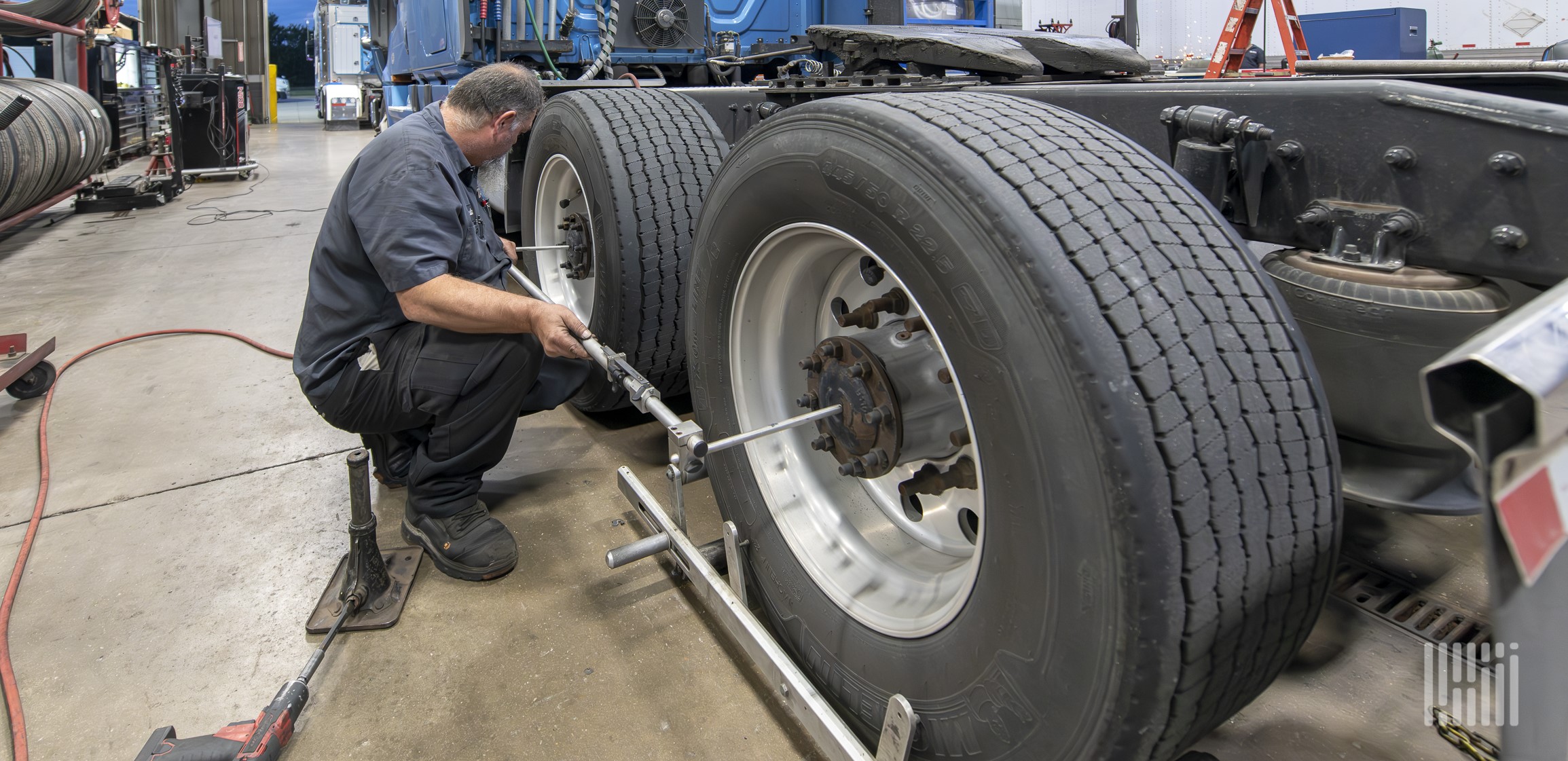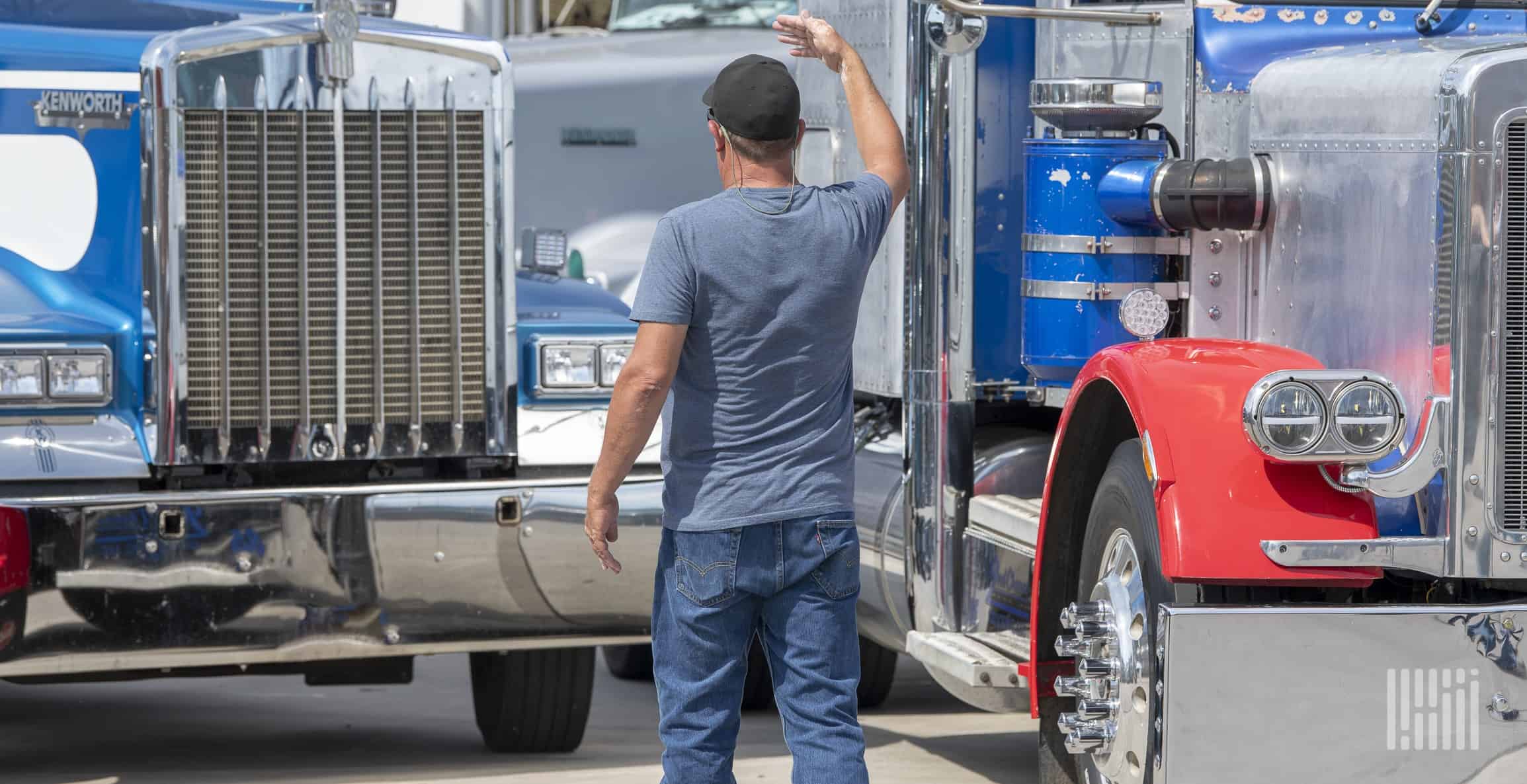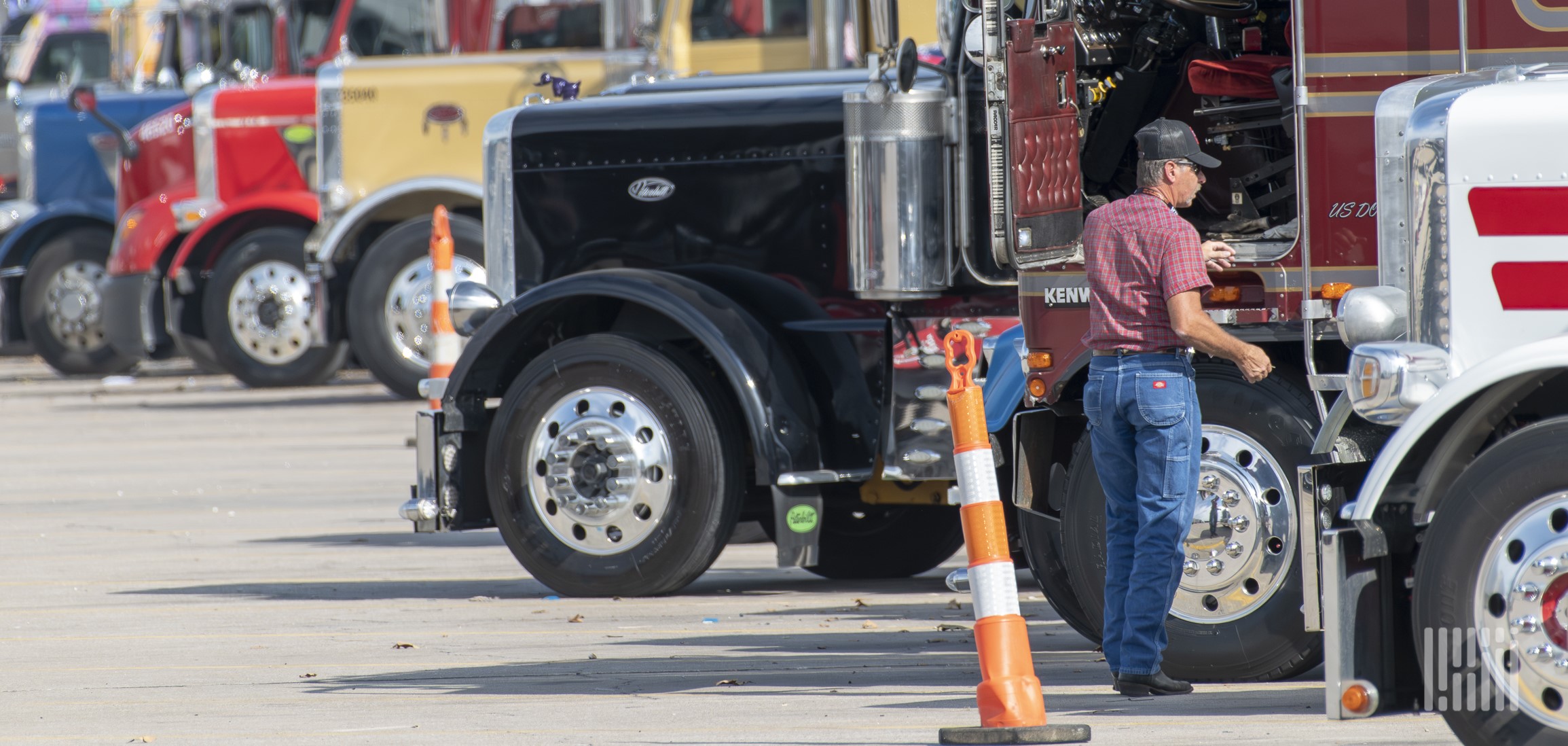Strictly speaking, mechanics who work with large vehicles and semi trucks don’t need a commercial driver license (CDL). However, if mechanics are planning to move or operate a commercial vehicle, they will need a CDL.
That means that CDL mechanics who drive vehicles, even for the purpose of vehicle testing, will need to obtain a CDL. Here’s what you need to know before you select a CDL.
Why Would a Mechanic Need a CDL?
A mechanic working on commercial vehicles would need a CDL in order to move a commercial vehicle. Unless there will always be another driver present who can move the vehicle on behalf of the mechanic, it is essential for a mechanic to have a CDL.
Even the act of crossing the street means the vehicle and the mechanic are involved in either interstate or intrastate commerce, both of which require a CDL. However, if a mechanic never operates a commercial motor vehicle on a public street or roadway, they don’t need a CDL.
What Is the Difference Between a Diesel Mechanic and a Diesel Technician?
A mechanic is someone who repairs and maintains machinery, whereas a technician is a person who looks after technical equipment or performs practical work duties in a laboratory. In terms of diesel vehicles, the two jobs require different certifications.
Additionally, some people don’t want to work from the road as a mechanic anymore, at which point they could start working as a technician instead. In these cases, those who are transitioning from mechanic to technician will already have a CDL.
As such, they can become a licensed mechanic instead, which is also a whole other career as well. In other situations, people could be eager to expand their skill set, at which point having a CDL might help.
3 Types of CDL Licenses For Mechanics
There are three different types of CDL licenses that mechanics can earn. Here’s what you need to know about each of the three types.
Class A
A CDL mechanic would need a CDL Class A to move or transport large commercial vehicles. The types of vehicles that are part of this category include the following:
- Tractor-trailers
- Truck and trailer combinations
- Tank vehicles
- Livestock carriers
- Flatbeds
Class B
A Class B CDL allows mechanics to move or transport buses, box trucks and vehicles that are specific to Class C requirements, as well as related endorsements.
Here are a number of vehicles that require you to have a Class B CDL:
- Straight trucks
- Large buses
- City buses
- Tourist buses
- School buses
- Segmented buses
- Box trucks
- Delivery trucks
- Furniture trucks
- Dump trucks with small trailers
Class C
A mechanic with a Class C license is able to move and test smaller vehicles that fall under the category of Class C licenses.
Vehicles in this category include the two options below:
- Any vehicle that is designed to transport 16 or more passengers, including the driver
- Vehicles classified as hazardous under the Hazardous Materials Transportation Act
Advantages of Mechanics Getting a CDL
For those who are passionate about working with large vehicles, obtaining a CDL makes a lot of sense. This type of license, regardless of the specific class, can make it possible for you to move and test vehicles. CDLs can also open doors to a new career or extra income stream for you as a driver.
Here are the pros of getting a CDL:
- Ability to test drive the vehicles
- Makes it possible for you to become a driver
- Allows you to learn more from other drivers
- Opportunity to better understand vehicles and driving functions
- Helps you build trust and rapport with other drivers
Disadvantages of Mechanics Getting a CDL
While there are many advantages of obtaining a CDL for many mechanics, obtaining a license of this type is not a requirement. As such, it is important to consider the potential cons of obtaining a CDL as a mechanic, most of which pertain to time and money.
Here are four disadvantages to obtaining a CDL as a mechanic:
- Requires additional training
- Could cost a lot with little to no return on your investment
- Simply not necessary in many instances
- No need if you will not be test driving vehicles
CDL Licenses for Mechanics
Whether a mechanic needs to earn a CDL license or not will fully depend on the mechanic’s desired career path. If you’ve considered becoming a diesel mechanic, earning a CDL A license can be a stepping stone to a successful career.
Likewise, if you want to open your own CDL mechanic business, it will be in your best interest to obtain a CDL A license, as this will allow you to test and move vehicles as needed while relating more to the drivers. If you’re passionate about large vehicles, earning a CDL A license can be an additional certification that can expedite your career growth as well.
FAQ
If you want to become a diesel service technician, you will need to have an understanding of preventive maintenance, general maintenance and HVAC. Diesel service technicians need technical skills, experience with hand tools and solid communication skills. You will also be required to have a CDL A license in most cases as well.
Yes, diesel techs are in high demand. According to the Bureau of Labor Statistics, about 28,500 openings for diesel service technicians and CDL mechanics arise every year. This is predicted to be the case for the next ten years.
It is not hard to become a diesel tech. You will usually need to have an educational background in automotive repairs, electronics and math. However, becoming a diesel tech does mean you need to obtain an advanced or graduate degree.




